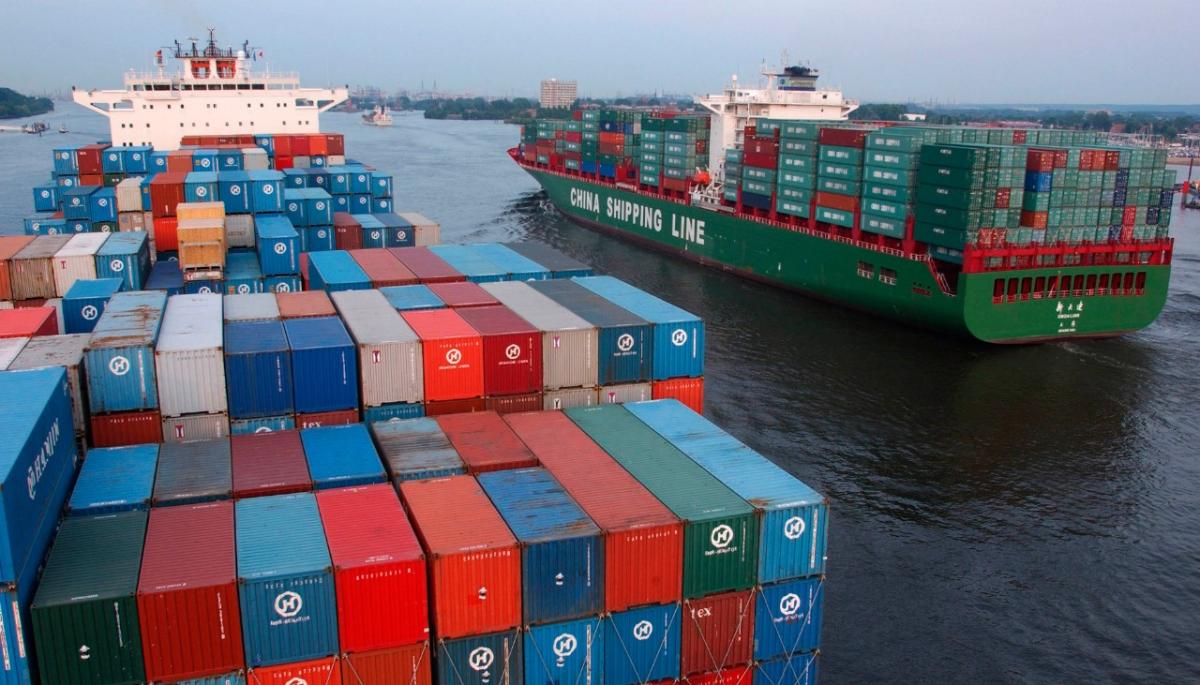
With China vowing to cut its reliance on foreign food imports in the coming years, experts say while New Zealand exporters shouldn't start worrying just yet, they should start thinking ahead and not put all their eggs in one basket.
Leaders from the world's second-biggest economy met earlier this week to lay out a five-year plan for the country. Among the priorities identified was to have a "lower reliance on foreign suppliers for strategic products such as food, energy, semiconductors and other key technologies," the Associated Press reported.
With China a massive buyer of New Zealand agricultural exports, more self-reliance could have a direct impact on farmers and growers here.
Trade expert Charles Finny, a former senior official in the Ministry of Foreign Affairs and Trade, says China is an "enormously important market" for New Zealand, twice the size of our next-largest market, Australia.
"The most recent export statistics show exports to China at $16.63 billion over the last 12 months. Much of this trade is made up of agricultural and fisheries products," he told Newshub.
"A drop in demand for New Zealand agricultural and horticultural exports from a key market such as China would be a concern."
According to Stats NZ, in 2019 New Zealand's top four exports to China were dairy products (milk powder, butter and cheese), wood (logs, wood and wood articles), meat (meat and edible offal) and travel services (including spending by holidaymakers, business travellers and students). Around a third of our total dairy exports went to China, while almost 60 percent of forestry products and 40 percent of meat exports went there.
Finny said while other important markets for New Zealand, such as the United Kingdom, the United States and Europe were still battling second waves of coronavirus and its economic impacts, the Chinese economy was "gaining strength". Because of that, "there is a strong chance that we will, in the short term, be even more dependent on China and other Asian markets," he said.
"I think this is unavoidable."
Despite this dependency on the economic powerhouse, Finny said it was still wise for exporters to set their focus there while the going is good.
"My advice to exporters is to take advantage of the market opportunities that exist and get the best prices you can. That is the sensible thing to do in such challenging economic times. For many China is the best, or one of the best, current market opportunities."
'There is no reason to put all of your eggs into the same basket'
Although China's desire to become more self-dependent may have been in the news this week, Dr Murat Üngör, a senior lecturer of economics at the University of Otago, says the country is already taking numerous steps towards developing its own sustainable agricultural practices.
"The Chinese government and policymakers are aware of the fact that sustainability in agriculture is one of the major issues for the world's most populous country," he told Newshub.
"China has been working on several sustainable business practices. For example, in recent years millions of Chinese farmers have cut fertiliser use and boosted harvests after adopting modern soil-management practices."
Dr Üngör says the country is also investing in foreign companies "whose products are needed to meet the growing demands of its people".
But while China may be taking more steps to produce its own high-quality food, its citizens are also more conscious than ever of the need to have safe and healthy food readily available.
Finny says that plays to New Zealand's advantage - even more so in the wake of COVID-19.
"Chinese consumers are clearly concerned at the integrity of the food they consume. This is encouraging a desire to import from high-integrity countries such as New Zealand.
"I can't see this changing in a hurry."
Dr Üngör agrees that exporters here will continue to find favour with Chinese consumers for a while yet.
"It is plausible to expect that China will continue to be the major trade partner of New Zealand," he said.
"Having said that, there is no reason to put all of your eggs into the same basket. Diversifying export partners and export goods, improving the current agreements and developing new strategic ties are very important for the future of New Zealand. This does not mean that New Zealand should reduce its economic transactions with China. On the contrary, what I am suggesting is to expand the size of current trade agreements with new partners, or by signing new bilateral/multilateral agreements."
Finny also warned against becoming too complacent, saying that each individual company should decide its own level of risk and "be regularly reviewing this risk for all major markets".
"Exporters should, in the longer term, be thinking about the risk of becoming too dependent on any one market," he said.


